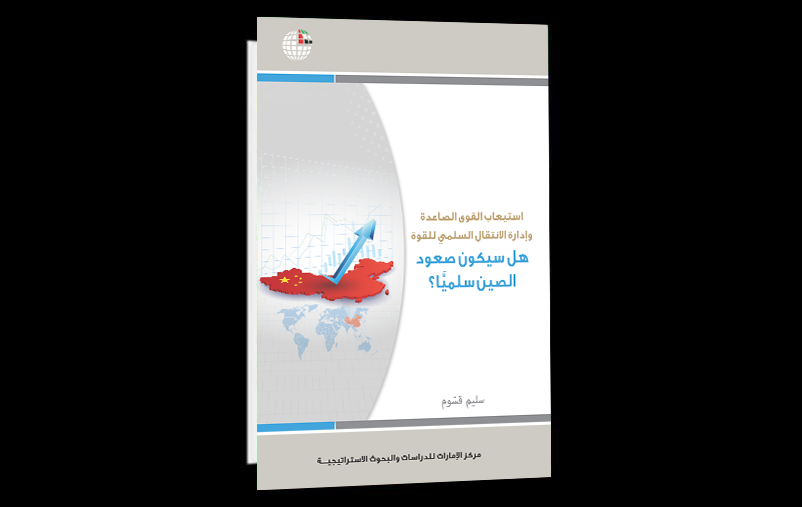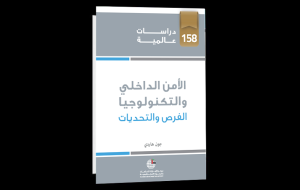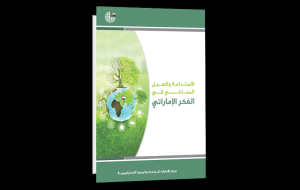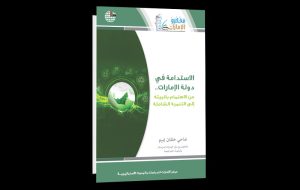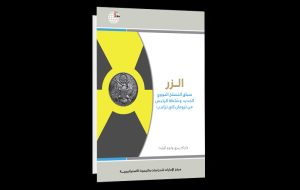Rising powers represent a profound challenge for the international order; prompting wars of hegemony and significant shifts in the balance of power, while also impacting both the normative and institutional nature of global politics. The influence of rising powers can be traced historically, seen in the many transformations that have occurred through war. However, war is not the only means of change in international politics. China’s rise today should remind leaders of the need to avoid repeating the mistakes of the twentieth century. Structural change in international systems can occur through different mechanisms to those of the past, and managing these processes through peaceful means could be more beneficial than other forms of power transition.
Peaceful change and the accommodation of rising powers is an important issue that deserves greater attention from international relations scholars. One of the main challenges of mainstream international relations theory is that peace is not addressed within the literature in the same way as war. Therefore, two important questions for the field of international relations are: Can long-term peace be achieved? Can regime change be peaceful?
In this context, the book examines the possibilities for accommodating rising powers, managing power transitions and changing international systems peacefully. The discussion assumes that a peaceful transition of power is more likely to emerge through intellectual rapprochement, and the negotiation of ideas and identity between great powers, than from compromises or balance-of-power negotiations.
The book reviews the various arguments in this area to show that peaceful power transitions stem from several interconnected variables. It makes the point that close associations and a shared identity can facilitate the process of establishing mutually beneficial perspectives between international parties and great powers. In this sense, exercising strategic restraint has a crucial role to play in the establishment of trust between parties, which in turn can lead to a gradual shift towards moderation. Likewise, reconciliation and an open approach to past events can pave the way for moderate positions, particularly when parties have previously engaged in direct conflict.
Furthermore, managing peaceful transitions within the global order depends on the dominant power and emerging rival’s ability to agree on the nature of adaptation, specifically the distribution of power, as these agreements will likely constitute a new hierarchy, as well as a new set of norms, institutions and standards. Legitimacy is the cornerstone of peaceful transitions of power; the values underpinning peaceful transitions are essential to gaining international legitimacy, particularly as these values are shared by various actors and entities in the international system, facilitating transitions that are peaceful, more resilient and sustainable.
Another key point is that international institutions are platforms where emerging great powers interact with established great powers within the prevailing system. Ultimately, experts emphasize that war-driven change has receded, as the current global order is able to accommodate rising powers, while the restraints nuclear weapons impose have made war very costly and destructive.
In the context of China’s rise, there is no doubt that it has been one of the defining developments of the twenty-first century, and despite the differing positive and negative perspectives on the issue, it is clear that the ‘China debate’ is no longer relevant. This study argues that the relationship between China and the international order is far more complex than is often portrayed. Over the past few decades, China has in fact shown general satisfaction with the US-established international institutions, changing its position in relation to the international community. As a result, instead of rejection and opposition, China is moving towards participation, suggesting reforms by working within the system, as it continues its peaceful rise.
Author: Salim Guessoum
About the Author:
Salim Guessoum is an Algerian academic and researcher in strategic and security studies. He earned a BA in International Relations from Annaba University in 2006, and an MA in Strategic and Futures Studies from the University of Algiers III in 2010. He received a PhD in International Relations from the University of Batna 1 in 2022.
Publisher: Emirates Center for Strategic Studies and Research
Year of Publication: 2024 [In Arabic]


